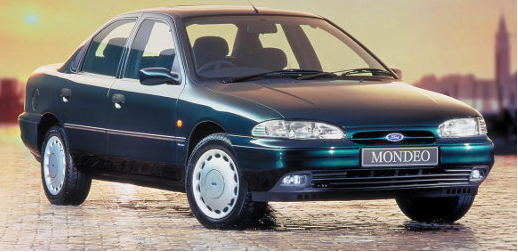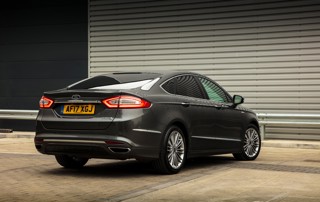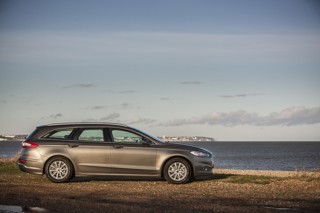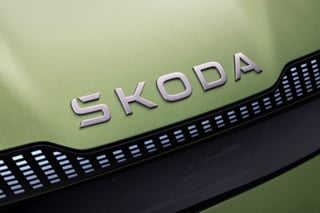Ford has announced that it will cease production of its Mondeo after more than 30 years and five million sales of the once popular saloon car.
With two in every five cars sold by the US carmaker now an SUV, and its biggest-seller in Europe last month the Puma crossover, the brand has revealed that production of the Mondeo at its factory in Valencia, Spain, will come to an end in March 2022.
Initially launched in 1993, around 375,000 Mondeos were sold across Europe in 1994, and almost 87,000 in the UK alone in at the peak of its success in 2001.
Society of Motor Manufacturers and Traders (SMMT) data detailing 2020’s new car registrations, however, showed that UK sales had dwindled to 2,400.
A spokesperson for Ford told AM that the end of Mondeo production was tied-in with plans to bring production of its 2.5-litre Duratec hybrid powertrain to the Valencia plant’s engine assembly line-up.
“This is to support production of our most electrified model in Ford Kuga, also manufactured at the plant, which is part of the fast-growing SUV segment, the spokesperson said.
“Mondeo has all-hybrid petrol engines and sub-140g CO2 manual diesels, but the overall Ford car range is transitioning to include all-electric options.
“Mondeo’s contracting segment does not support an all-electric version and the current model will not be replaced.
“S-MAX and Galaxy will continue, with 2.5-litre hybrids added this year.”
The Mondeo became symbolic of a societal shift in the UK back in 1996, when Tony Blair identified “Mondeo man” as a key target for New Labour’s election campaign.
However, the Mondeo’s end has long been anticipated in the industry because of the rapid increase in sales of SUVs.
Ford’s spokesperson told AM that the segment that Mondeo competes in has declined by 80% in 20 years across Europe.
Kieran Cahill, vice president for manufacturing at Ford of Europe, said: “Today is another step on Ford’s electrification journey, providing a bridge to an all-electric passenger vehicle future, and demonstrating our continuing commitment to our manufacturing operations in Valencia where we have invested around $3bn since 2011.”
Earlier this year, Ford announced it is investing at least $22bn (£16bn) globally in electrification, nearly twice the company’s previous electric vehicle investment plans, and that it investing $1bn (£700m) to create the Ford Cologne Electrification Center in Germany for the manufacture of electric vehicles, the company’s first such facility in Europe.
Ford’s first European-built, volume all-electric passenger vehicle will be built at the facility in 2023, with the potential for a second all-electric vehicle under consideration.
By mid-2026, 100% of Ford’s passenger vehicle range in Europe will be zero-emissions capable, all-electric or plug-in hybrid, moving to all-electric by 2030.



















Login to comment
Comments
No comments have been made yet.